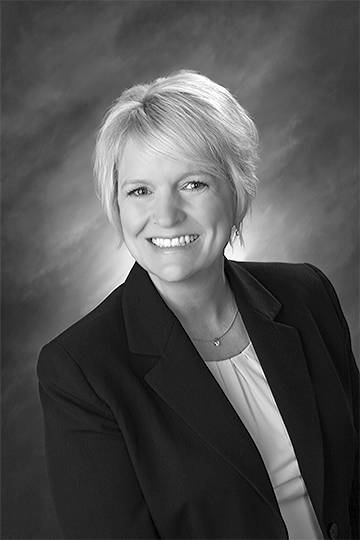School board members are part of the Washington State School Directors Association. It works to further the education of school board members, and promote the legislation of school boards statewide on behalf of their local citizens, families, students, staff and teachers.
Each local school board has a legislative representative that represents the district to the WSSDA. A convention is held annually where the representatives put forth their concerns and WSSDA staff puts them into four categories: Teaching, Governance, Funding and Allocation, and Learning.
Their concerns are prioritized and developed into legislative proposals. Then, WSSDA staff and school board members work with legislators to help pass legislation that supports learning and opportunities for students. This past session, there were more than 300 bills related to education with only 34 that passed the House and Senate and were signed into law by Gov. Jay Inslee. These bills covered everything from sunscreen application at school, to the Supreme Court’s 2012 McCleary decision, which said the state was failing to meet its constitutional requirement to fully fund basic education. After three additional special sessions that each lasted 30 days, the Legislature came to an agreement that will add $7.3 billion to public schools over the next four years. This funding will come from an increase in property taxes.
The plan keeps in place local property-tax levies but restricts them to a lower amount beginning in 2019. It also requires that local taxes be used only for programs that supplement basic education. As a result, school districts will not have to ask local taxpayers to fund basic education needs. Instead, communities can focus on what more to do to support local students and schools. The hope is that all students will have the same opportunities and be treated equitably statewide. The legislature also passed House Bill 2224, which delays the requirement of meeting science standards to graduate until the class of 2021. The board and I agree that high-stakes testing attached to graduation is bad for students. Board President Pete Lundberg said it perfectly in his March 11 Marysville Globe article titled, “Disconnect state test, graduation.” In it he states, “All learners are different, have varied skills, learning styles and abilities. They learn in different ways, at varied rates and times. Attaching graduation to one test, given on one day, at one time, in one way, does not allow for individual differences.” Sen. John McCoy and Reps. Mike Sells and June Robinson did diligent work on behalf of Marysville-Tulalip and our students. Unions, associations and others who have a vested interest in our students’ welfare also continued to fight so that every student has the opportunities needed to achieve.
As we approach a new school year, please let members of the Marysville School Board know what ideas you have for improving education. Meaningful change happens when we all work together.
Becky Berg is the superintendent of the Marysville School District, which runs a column monthly in the papers.


